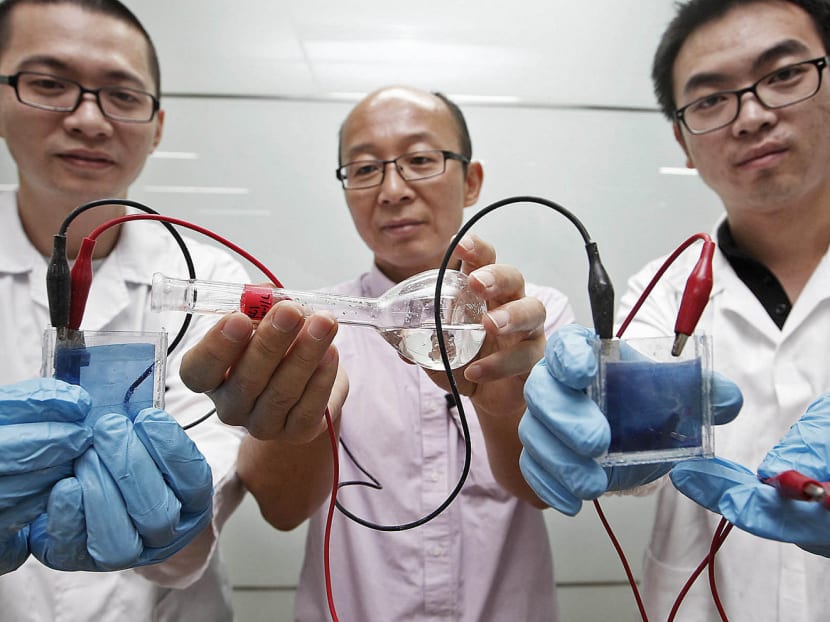Research success stems from collaboration, not competition
I refer to the letter “Local universities vital in promoting innovation” (Sept 11).

NTU researchers. The university is now ready to break into the world’s top 10 in engineering. TODAY File Photo
I refer to the letter “Local universities vital in promoting innovation” (Sept 11).
While I share the view that innovation is the key to the new economy and that institutes of higher learning play a key role, I wish to offer an alternative view on the competition in research.
Dr Venkatraman Ramakrishnan, a co-winner of the Nobel Prize in 2009 for Chemistry, said: “Science today is a highly collaborative exercise and to convert it into a contest, as the Nobel does, is a bad way to look at science.”
He notes that the timescale of any critical research in science is an unknown; it could be decades or a few years.
We also should recall the cases of two faculty members here — one was found with a fake curriculum vitae, and the other with fraudulent research. I would attribute the main causes of the cases to the rankings race and the H-index.
Besides, as the writer noted, engineering research has improved, and the Nanyang Technological University is now ready to break into the world’s top 10. It is evidence of better handling of talent and resources for research in local universities.
Perhaps Singapore’s innovation could be made unique in the field of science by combining it with a strong mandate in engineering.






